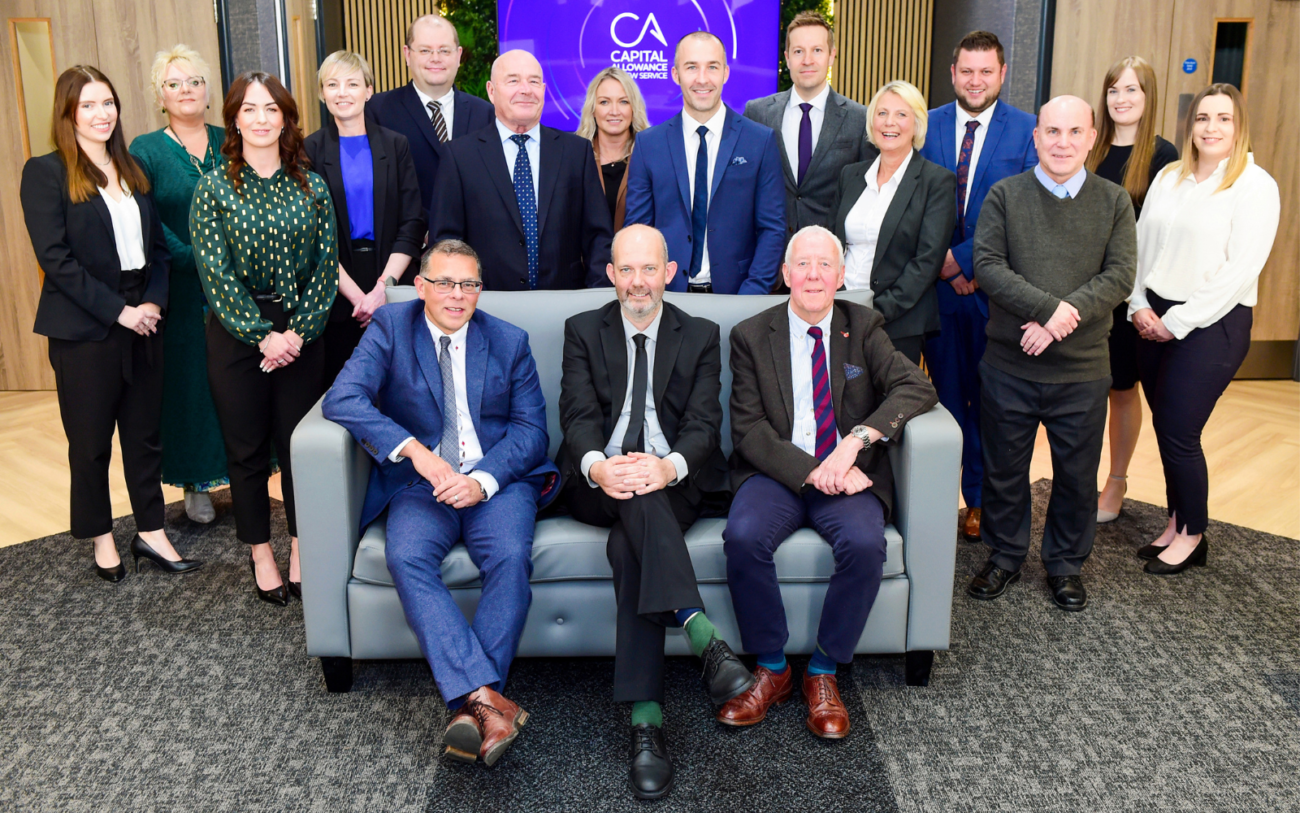Types of Capital Allowance Rates
Understanding capital allowance rates involves acquainting with the different categories under which these rates are applied:

-
Annual Investment Allowance (AIA)
AIA offers businesses the opportunity to claim a 100% capital allowance on qualifying expenditures, up to a predefined limit. The current limit is £1 million and acts as a good incentive for businesses to invest in eligible assets.
-
Main Pool and Special Rate Pool
For assets that do not qualify for Annual Investment Allowance (AIA), businesses can claim capital allowances through the main pool and special rate pool on a writing-down allowance basis. Main pool assets are typically eligible for an 18% capital allowance rate. While special rate pool assets, such as integral features of buildings, are subject to a 6% rate.
-
First-Year Allowance (FYA)
FYA provides businesses with the opportunity to claim a 100% capital allowance rate on specific qualifying assets in the year of purchase. This encourages immediate investment in assets that contribute to energy efficiency and environmental conservation.
-
Special Rate pool first year allowance
Only available for companies, this provides a 50% first year allowance on purchases of special rate pool assets and is particularly useful if the Annual Investment Allowance (AIA) has been fully utilised. Initially legislated to end on 31 March 2023 this allowance is now available for a further 3 years until 31 March 2026.
-
Super-deduction
Only available for Companies and on general/main pool assets only. This allowance ceased on 31 March 2023 and is only available on expenditure up to and including that date. The allowance is available at 130% on qualifying assets, but if your accounting year end is after 31 March 2023 the allowance will only be available proportionally.
-
Full Expensing (FE)
Available from 1 April 2023 until 31 March 2026 for limited companies only, this allowance gives 100% tax relief on general/main pool qualifying expenditures and includes long-life assets.
-
Structures and Buildings Allowance
This allowance is available on expenditure for walls, ceilings, floors, walls, etc., and is generally available on assets that don’t qualify for any of the above allowances. It is claimable at 3% per annum on a straight-line basis. The allowance is available for most partnerships, individuals, and companies, and is available on both freehold and leasehold expenditure. It should, however, be noted that if you own the property and sell at a later date, the relief is subject to a potential clawback via the corporation tax and capital allowance mechanisms.
Learn more about different types of capital allowances...
Capital allowance rates over the years
Further information
*In the Spring Budget of 2023, a provision for ‘full expensing‘ was introduced. Starting from April 2023, businesses that have eligible expenses on new plant and machinery between 1 April 2023 and 31 March 2026 can claim:
- A 100% First Year Allowance (FYA) for main rate costs (known as ‘full expensing’).
- A 50% FYA for special rate costs, which includes long-duration assets.
**Only companies can benefit from the super-deduction, which offers 130% for main rate assets. 100% for assets partially used for ring-fenced businesses and partly for eligible businesses (based on division). The super-deduction applies to eligible asset purchases made from 1 April 2021 to 31 March 2023. If you purchased the asset on or before 31 March 2023 but your accounting period ends after that date, super-deduction will be available proportionally.
***Only companies can benefit from the 50% first-year allowance available for special rate pool asset additions. This allowance was initially expected to end on 31 March 2023 but has now been extended for a further 3 years to 31 March 2026.
Strategies for Maximising Capital Allowances

-
Strategic Asset Planning
Careful consideration of the timing of asset purchases can optimise capital allowance claims. Businesses can plan to acquire assets when rates are favourable, thereby reducing tax liabilities.
-
Pooling Assets
Pooling assets in the correct category can yield higher allowances. Businesses should assess their asset classification to ensure they benefit from the most favourable rates.
-
Claiming Unclaimed Allowances
Many businesses overlook unclaimed allowances from previous years. Retroactively reviewing and amending tax returns can unlock additional tax benefits.
Get in touch with our expert team for further advice…
Latest News
-
 15 November 2024
15 November 2024Specialist CA Tax Advice for Accountants
At CARS, we’ve been providing expert support and advice for accountants for years. We understand that in the fast-paced world of accounting, keeping up with every aspect of tax legislation can be a daunting task. For accountants, Capital Allowance (CA) tax relief is an area that holds significant... -
 8 November 2024
8 November 2024Understanding Research and Development Allowances (RDAs) on Capital Expenditure
Innovation is a beacon of progress, driving companies toward success and relevance. The pivotal role of Research and Development (R&D) in fostering innovation is recognised and, as a result, incentives are offered to businesses through mechanisms like Research and Development Allowances (RDAs). Understand...
Contact Us
Our expert team are here to help answer any of your capital allowances questions or enquires you have about your commercial property.





